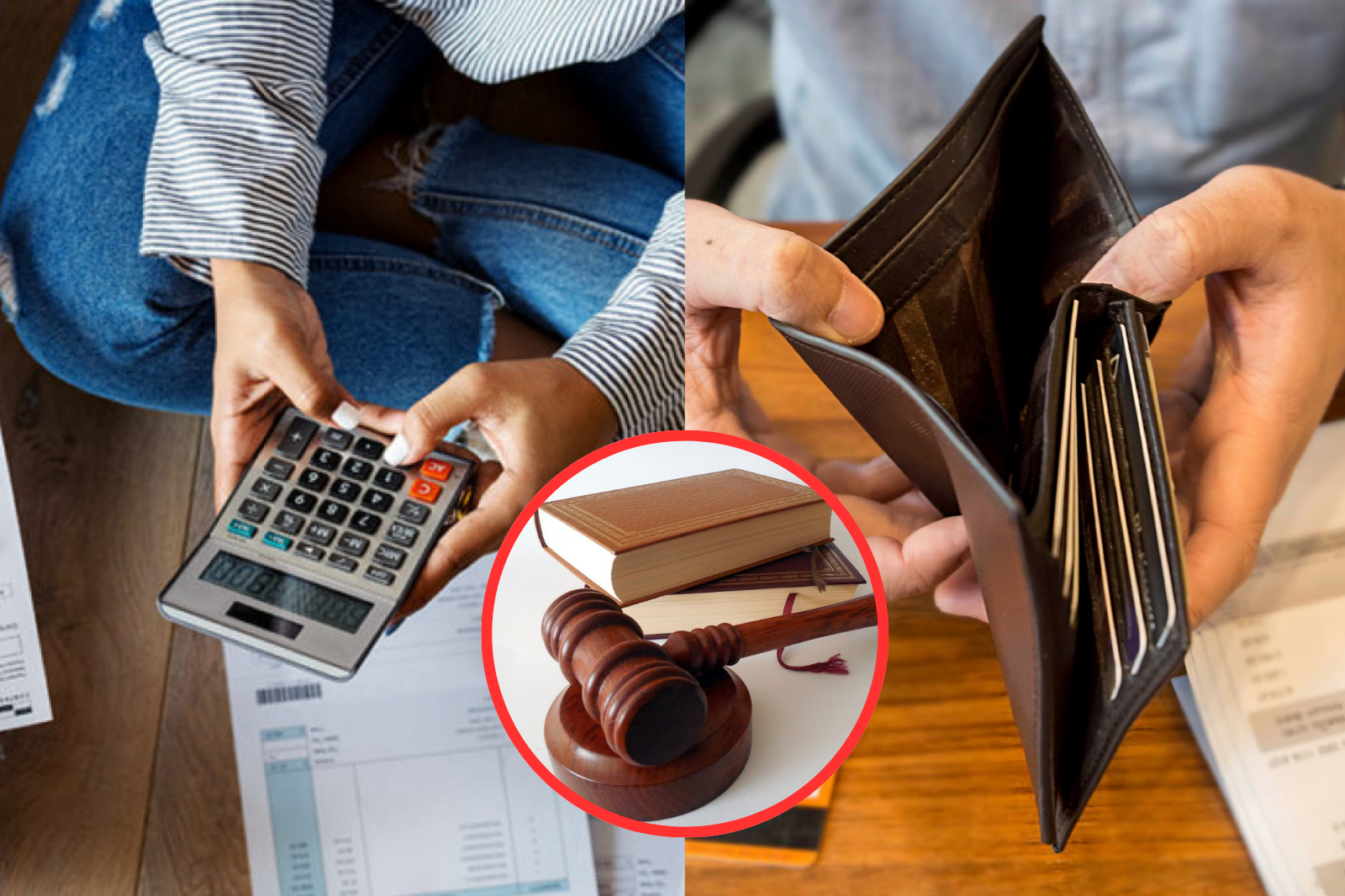
The shelter of certain assets of citizens in front of embargoes is stipulated in the Peruvian Civil Code. Therefore, it is essential to identify these assets to protect personal heritage.
At the time a person faces difficulties to pay their loans, debts can become a great concern. Therefore, it is essential to know what goods are protected by the Peruvian Civil Code before a possible embargo. Having this information is key to ensuring the legal protection of personal goods and belongings.
In the event that the judicial route is used to demand the payment of a debt, it is important to take into account that the Civil code It establishes what goods cannot be seized. Next, we provide you with details about these assets protected by law, so that you are prepared and informed to any eventuality.
If you have debts in Peru: What are the goods that the law does not allow to seize?
He Civil Code establishes that certain goods The debtor cannot be seized, which prevents its use for the payment of pending obligations. Among these are:
- Family heritage: Only two thirds can be seized.
- PERSONAL USE OBJECTS: Garments, books and basic foods are protected.
- Tools and work equipment: Vehicles, machinery and essential utensils for an trade are unattachable.
- Salary income and pensions: If they do not exceed the five procedural reference units (URP), they cannot be retained.
- Food pensions: They are exempt from embargo.
- Religious goods: Tempo furniture cannot be confiscated.
- Sepulcros: They have legal protection.
- Service time compensation (CTS): It can only be seized up to 50% for food debts.
Bank debts: Do they disappear after 10 years in Peru?
Debts do not disappear from the records of the Superintendence of Banking, Insurance and AFP (SBS) Until its total cancellation, despite the fact that the Civil Code establishes that they prescribe after 10 years. This means that, once that time has elapsed, they can no longer be demanded judicially.
Didn’t you pay the property tax?: This will do the municipality with your home
If you do not meet your Tax obligationsyou could face legal sanctions and complications. It all begins with the issuance of a coercive ordinance after an administrative process, which begins if you ignore the notifications and payment requests sent by the Municipality.
Before reaching this instance, you will be informed about the pending debt for property tax. However, it is important to know that the municipality cannot immediately evict you from your home.
Follow the Republic at WhatsApp! Join our channel from your cell phone and receive the most important news from Peru and the world in real time.
Source: Larepublica
Alia is a professional author and journalist, working at 247 news agency. She writes on various topics from economy news to general interest pieces, providing readers with relevant and informative content. With years of experience, she brings a unique perspective and in-depth analysis to her work.












